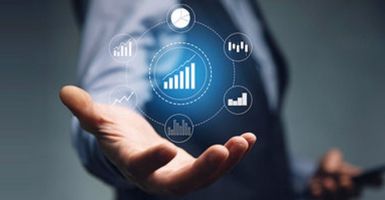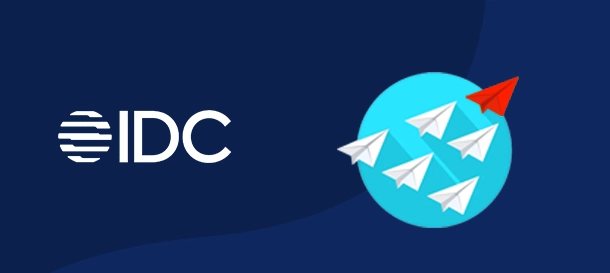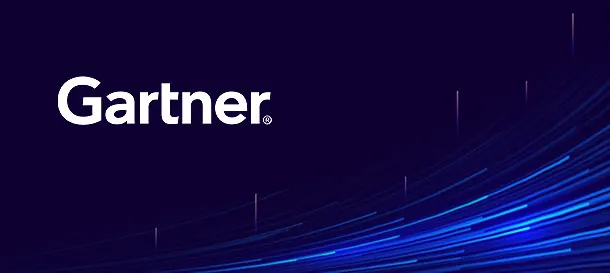According to World Economic Forum, by 2020 the amount of data saved and collected will be about 35 trillion gigabytes. Big Data is getting classified as a new asset class. Learning from this data to make predictions and foresee outcomes, brings tremendous power to organizations. That’s what predictive analytics technologies do.
However, this is only the first step. Those who take the next step, use the predictions to do specific actions that can actually change the outcome, will become fearless leaders in their industries. That’s the power of persuasion with predictive analytics.
Predictive analytics World Founder Eric Seigel’s book Predictive Analytics: The Power to Know Who Will Click, Buy, Lie or Die inspired me to share few examples of the power of turning predictions to actionable insight. These are simple examples for CFOs and finance executives who are eager to learn more about Big Data and Analytics.
These technologies are being applied to marketing, sales, human resources, manufacturing and other areas to propel growth and gain a huge competitive advantage over their peers in the industry. Here, they are a few examples.
How Different Companies Use Predictive Analytics
Company: Netflix
PA Application: Movie Choice Prediction
What’s predicted: Which movie will the customer like to watch next
What’s done about it: Present personalized best choice movie options for viewers to increase customer satisfaction and retention
Company: Amazon
PA Application: Shopping behavior prediction
What’s predicted: What goods the customer likes to buy
What’s done about it: Present personalized catalog for buyers to enhance shopping experience and maximize revenue opportunity in each customer interaction
Company: Target
PA Application: Pregnancy Prediction
What’s predicted: Which female customers will have a baby in coming months
What’s done about it: Market relevant offers for soon to be parents of newborn
Company: Hewlett Packard
PA Application: FlightRisk – Employee retention
What’s predicted: Which employees will quit
What’s done about it: Managers use the predictions to take specific human resources decisions with those they supervise.
Company: Chase Bank
PA Application: Mortgage risk prediction
What’s predicted: Which customers will prepay and terminate the relationship (refinance with another bank)
What’s done about it: Mortgages are valued accordingly in order to decide whether to sell them to other banks.
There are many examples of the rising usage of predictive analytics by companies all around us – Pandora, Spotify, Uber, Match.com etc..etc…If you are not using predictive analytics yet, here are some ideas how your finance department can use predictive analytics
Company: Your Company
PA Application: Customer Payment Risk Prediction
What’s predicted: Which customer will pay, delay, dispute or default
What’s can be done about it: Make accurate prediction of cash flow, Personalize collections strategies to maximize cash flow, tailor credit limits to maximize revenue growth and mitigate risk, make specific borrowing decisions for working capital management, identify fraud in deductions, personalize sales and marketing strategies to maximize a lot of things – customer lifetime, customer satisfaction, customer loyalty, revenues, profitability
Predictive analytics applications driving operational decisions at a micro-transaction level will become the new normal. The cumulative effect of smarter transaction level decisions can greatly reduce risk and improve financial performance of organizations. So how do predictive analytics applications work? In a nutshell, these applications first build a predictive model based on a initial data set to give predictive score for each input. The next step is making these predictive models self-learning, as the data grows the scoring models continuously learn to make predictions more and more accurate. The last step is to tie these predictive scores to specific operational actions and drive smarter micro-transaction level decisions.










